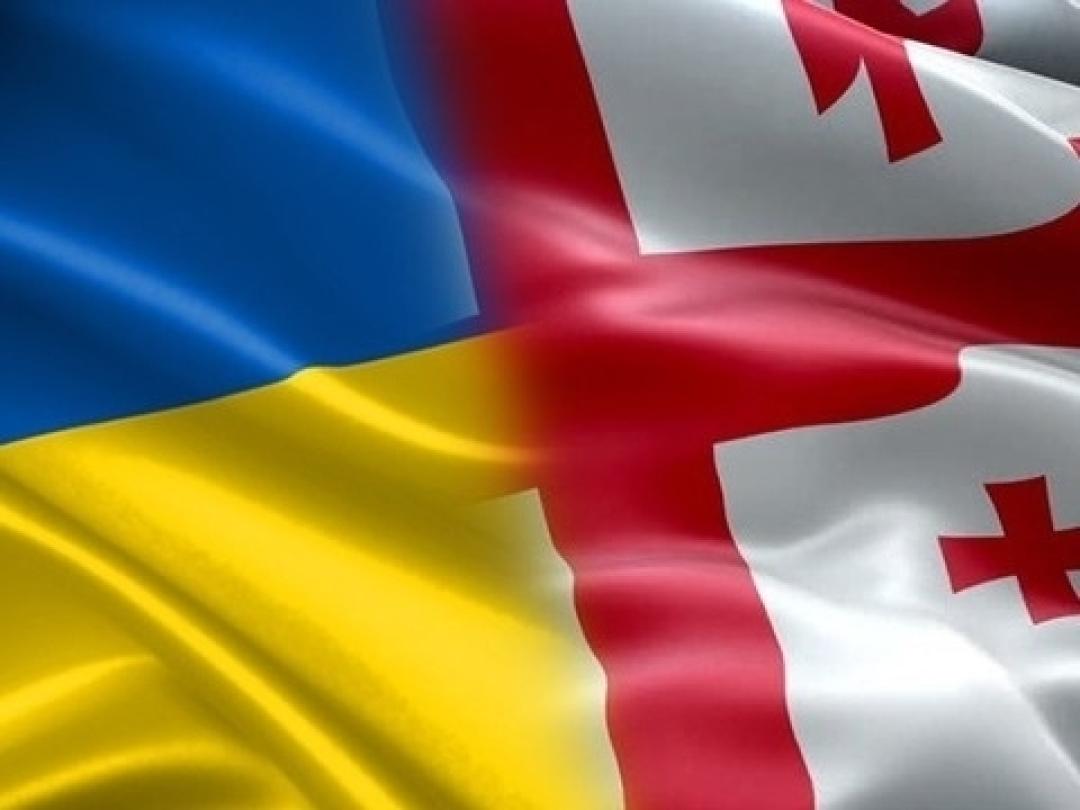
Georgia’s Precarious Balance

A series of scandals rocked Georgia over the past several weeks, which raises questions regarding the effectiveness of Tbilisi’s pragmatic approach toward the war in Ukraine, handling of Mikheil Saakashvili’s imprisonment, and the relations with Russia.
Several developments over the past month highlighted Georgia’s precarious geopolitical position. Internal political divisions coupled with dilemmas over how to handle the Russian invasion of Ukraine converge on the ruling government.
Georgia is weighing clear political support for Ukraine against the risk of igniting potential Russian response, which might result in military or economic action. Russia sent security demands to NATO and the US in December 2021, which included Georgia. Tbilisi is in a difficult situation and the fate of the Russian invasion will determine how Georgia responds to Moscow’s potential future moves.
Georgia, which aspires to join both NATO and the EU, might face similar pressures. Refusing to forsake such geopolitical goals may elicit a military response from Russia, even though its forces may be weakened because of their shockingly poor performance in Ukraine. The military threat is significant, given that Russia invaded Georgia in 2008 and continues to keep significant troops in Abkhazia and South Ossetia.
This explains Tbilisi’s position. It avoids from professing military support and abstained from joining anti-Russian sanctions, but helps Kyiv on international fora and through other practical means. For instance, Georgia has ranked highly among single providers of humanitarian aid to Ukraine. In UN votes Tbilisi has likewise supported Kyiv and the Georgian government has taken an active part in recent High-Level Donors’ Conference for Ukraine, which was held in Poland.
The careful and in some cases ambivalent position of the Georgian government has angered Kyiv, which regarded Tbilisi a critical ally in the common effort to push back against Russian influence in the Black Sea region. Kyiv recalled its ambassador from Tbilisi and president Volodymir Zelensky criticised Georgia on multiple occasions. The Georgian side, initially unwilling to visit Kyiv following the Bucha massacres, nevertheless decided to pay a visit to some of the destroyed areas near Kyiv.
Georgia’s Internal Dilemma
This, however, did not help soothe the bilateral differences. But what complicates the bilateral relations even more is the allegation in Tbilisi that the bumps in the ties could be instigated by the major opposition forces, among them the United National Movement (UNM), headed by the former president, now imprisoned Mikheil Saakashvili. The former Georgian president gained numerous allies while living and serving on various official positions in Ukraine. The ruling party in Tbilisi suspects these contacts are motivating the UNM to undermine Georgia-Ukraine relations for their internal political purposes. For the moment, the future of Georgia-Ukraine relations seems less optimistic and could worsen further as the war in Ukraine is set to protract for years.
The troubles in Georgia-Ukraine relations are deeply connected to the internal situation in Georgia and more specifically to Saakashvili. In jail since September 2021, Saakashvili went on hunger strikes which might have significantly weakened his physical abilities. The ombudsman office in Tbilisi along with a collegiate of doctors and opposition activists demanded Saakashvili’s transfer from a prison clinic to a private one or send him abroad. The ruling party denies that Saakashvili is bad shape. Demonstrations of varying scale have been staged in some of Georgian cities, while the vast numbers of the population abstain from protesting on street. Moreover, there has been somewhat muted Western reaction Saakashvili’s fate.
Most worrisome for Georgia is that the interlinked scandals show a deeper level of changes taking place in the country. On the surface, the country has pursued a Western path. In early March, Tbilisi has applied for EU membership and has recently filled in two parts of the questionnaire following the same moves made by Chisinau and Kyiv. Internally, however, the country is politically, if not entirely weak, then certainly divided. The energy of the political class is mostly diluted amid mutual accusations and the lack of long-term visions.
Some criticism has also come from Georgia’s Western partners. For instance, NATO, usually a staunch supporter of Georgia, has also expressed the doubts on the path the country has taken. Secretary General’s Special Representative for the Caucasus and Central Asia, Javier Colomina said the Alliance is “concerned with level of implementation of the reforms we have been requesting” from Tbilisi. This spills over onto the freedom of expression too where, according to the Reporters Without Borders (RSF), Georgia slipped from the 60th place in 2021 to 89th.
Tbilisi so far has maneuvered in between the accusations from the opposition and the government officials in Kyiv. Yet how this plays out in the longer term is unclear. It is certain that maintaining this balance could prove ever more difficult. Some hints indicate that the pressure on Tbilisi from its Western partners grows, while ties with Ukraine could further deteriorate. Eventually, much will depend on how Ukraine fares in the war. Victory for Kyiv would reshape Georgia’s position and its defeat would irrevocably damage Tbilisi’s regional position.\
Emil Avdaliani is a professor at European University and the Director of Middle East Studies at Georgian think-tank, Geocase.
See Also


From Neorealism to Neoliberalism: Armenia’s Strategic Pivot in Foreign Policy After the Nagorno-Karabakh Conflict

Georgia and Russia: New Turn in Bilateral Relations

3+3 Initiative as a New Order in the South Caucasus

Economic Cooperation Between Armenia and Georgia: Potential and Challenges Ahead

